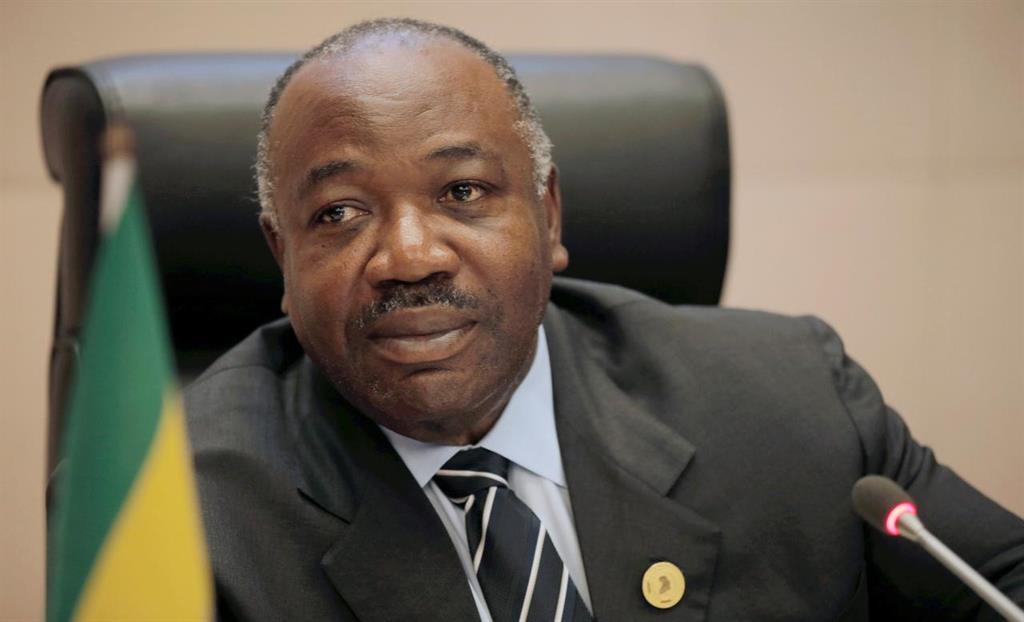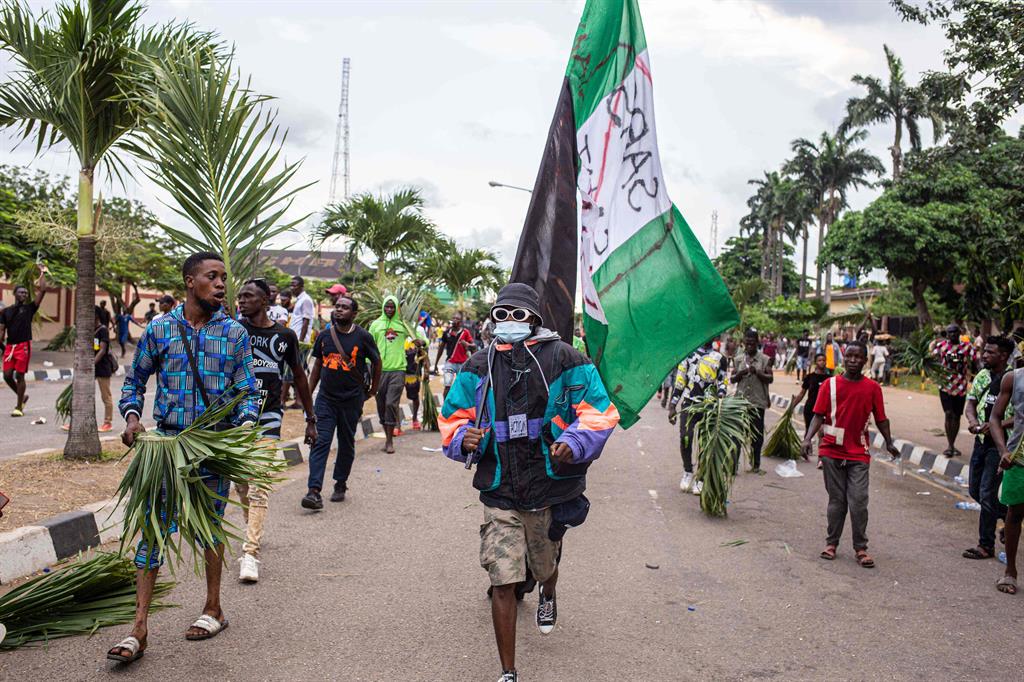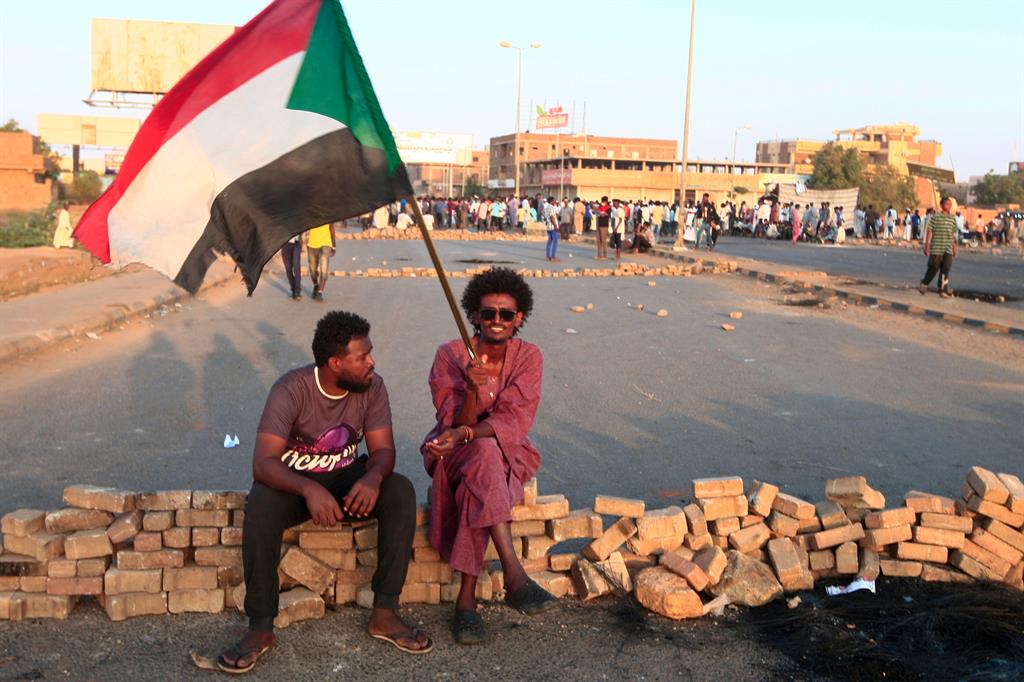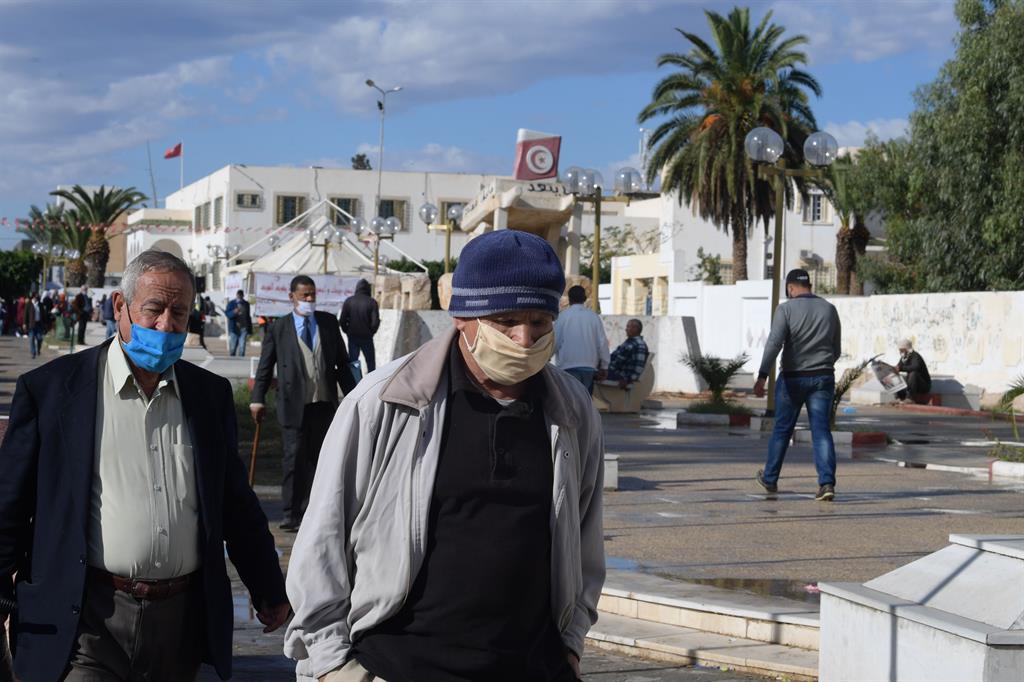Africa Briefs
Nigerian protests spark fuel queues
Protests against police abuses in Nigeria and curfews to curb demonstrations have affected the supply of petroleum products across the country, leading to the emergence of long queues, state oil firm NNPC has said.
Petrol shortages are common in Nigeria and they often bring the economy to a standstill with widespread power cuts at businesses that rely on petrol-driven generators to withstand frequent power outages and grounded planes.
Thousands of Nigerians demonstrated for more than two weeks against police abuses. But the peaceful protests turned violent on 20 October, when witnesses and groups such as Amnesty International said soldiers opened fire at protesters, killing some. The army denied its troops were there.
Tensions remain high across Nigeria, with looting nationwide, particularly of warehouses holding food meant to assuage the impact of Covid-19 on the poor.
The NNPC in a statement cautioned against panic buying of petrol adding that it has supply for at least 60-days. – Nampa/Reuters
Sudan doubles fuel prices
Sudan has doubled domestic fuel prices, a move that should help reduce a gaping budget deficit but is sure to anger many of the country’s impoverished citizens.
The government, which has long fixed fuel prices at some of the lowest levels in the world, raised the price at the pump of locally produced diesel to 46 Sudanese pounds (US$0.84) a litre from the previous 23 pounds. It increased the price of petrol to 56 pounds from 28 pounds.
The Sudanese pound is officially pegged at 55 to the US dollar, but on the black market on Tuesday one dollar fetched 235 pounds.
Sudan suffers from severe fuel shortages, and long queues of cars can be seen in front of fuel stations in the capital Khartoum. Yet the cost of subsidising fuel has weighed heavily on the state budget.
Frustration over the queues to buy fuel and bread helped trigger the uprising that ousted long-time president Omar al-Bashir in April 2019. – Nampa/Reuters
Gabon signs hydropower deal
Gabon and Paris-based asset manager Meridiam have signed a US$210 million deal to build a hydroelectric dam as part of the central African nation's international commitment to reduce greenhouse gas emissions.
Once operational in 2023, the Kinguele Aval project on the Mbei River is slated to have production capacity of around 205 gigawatt hours per year, or 13% of the current consumption of the capital Libreville, 100 km to the west.
Gabon, whose president Ali Bongo (photo) has sought to cast himself as an environmental crusader, is developing its hydroelectric sector in a drive to cut emissions by at least 50% by 2025 under the Paris Agreement on climate change.
The plant will save over 150 000 tonnes of carbon dioxide emissions per year, Meridiam said last year, which equates to around 3% of Gabon's annual emissions based on 2016 figures from the World Bank.
Construction will start towards the end of 2020, with 75% of the 116 billion CFA franc (US$210.7 million) financing coming from development banks. Meridiam owns 60% of the project, while the rest is held by Gabon's sovereign wealth fund. – Nampa/Reuters
Tunisia warns about treasury bonds
Tunisia's central bank has warned that government plans to ask it to buy treasury bonds, a move that carries economic risks including boosting inflation, reducing its reserves and causing a drop in the value of local currency.
The government is likely to ask the central bank to buy bonds for the first time in order to finance a record budget deficit expected in 2020, the finance minister said last week.
The country's public finances are in a critical situation, with a budget deficit expected to reach 14% of GDP in 2020, the highest in nearly four decades, which will increase expenditures by about US$4 billion.
The central bank signal will likely reduce the government's options to finance the fiscal deficit and may put it in trouble as parliament prepares to discuss the revised budget for 2020.
According to a 2021 budget draft seen by Reuters, Tunisia faces debt payments worth 16 billion dinar (US$5.8 billion), which is a record. – Nampa/Reuters
Protests against police abuses in Nigeria and curfews to curb demonstrations have affected the supply of petroleum products across the country, leading to the emergence of long queues, state oil firm NNPC has said.
Petrol shortages are common in Nigeria and they often bring the economy to a standstill with widespread power cuts at businesses that rely on petrol-driven generators to withstand frequent power outages and grounded planes.
Thousands of Nigerians demonstrated for more than two weeks against police abuses. But the peaceful protests turned violent on 20 October, when witnesses and groups such as Amnesty International said soldiers opened fire at protesters, killing some. The army denied its troops were there.
Tensions remain high across Nigeria, with looting nationwide, particularly of warehouses holding food meant to assuage the impact of Covid-19 on the poor.
The NNPC in a statement cautioned against panic buying of petrol adding that it has supply for at least 60-days. – Nampa/Reuters
Sudan doubles fuel prices
Sudan has doubled domestic fuel prices, a move that should help reduce a gaping budget deficit but is sure to anger many of the country’s impoverished citizens.
The government, which has long fixed fuel prices at some of the lowest levels in the world, raised the price at the pump of locally produced diesel to 46 Sudanese pounds (US$0.84) a litre from the previous 23 pounds. It increased the price of petrol to 56 pounds from 28 pounds.
The Sudanese pound is officially pegged at 55 to the US dollar, but on the black market on Tuesday one dollar fetched 235 pounds.
Sudan suffers from severe fuel shortages, and long queues of cars can be seen in front of fuel stations in the capital Khartoum. Yet the cost of subsidising fuel has weighed heavily on the state budget.
Frustration over the queues to buy fuel and bread helped trigger the uprising that ousted long-time president Omar al-Bashir in April 2019. – Nampa/Reuters
Gabon signs hydropower deal
Gabon and Paris-based asset manager Meridiam have signed a US$210 million deal to build a hydroelectric dam as part of the central African nation's international commitment to reduce greenhouse gas emissions.
Once operational in 2023, the Kinguele Aval project on the Mbei River is slated to have production capacity of around 205 gigawatt hours per year, or 13% of the current consumption of the capital Libreville, 100 km to the west.
Gabon, whose president Ali Bongo (photo) has sought to cast himself as an environmental crusader, is developing its hydroelectric sector in a drive to cut emissions by at least 50% by 2025 under the Paris Agreement on climate change.
The plant will save over 150 000 tonnes of carbon dioxide emissions per year, Meridiam said last year, which equates to around 3% of Gabon's annual emissions based on 2016 figures from the World Bank.
Construction will start towards the end of 2020, with 75% of the 116 billion CFA franc (US$210.7 million) financing coming from development banks. Meridiam owns 60% of the project, while the rest is held by Gabon's sovereign wealth fund. – Nampa/Reuters
Tunisia warns about treasury bonds
Tunisia's central bank has warned that government plans to ask it to buy treasury bonds, a move that carries economic risks including boosting inflation, reducing its reserves and causing a drop in the value of local currency.
The government is likely to ask the central bank to buy bonds for the first time in order to finance a record budget deficit expected in 2020, the finance minister said last week.
The country's public finances are in a critical situation, with a budget deficit expected to reach 14% of GDP in 2020, the highest in nearly four decades, which will increase expenditures by about US$4 billion.
The central bank signal will likely reduce the government's options to finance the fiscal deficit and may put it in trouble as parliament prepares to discuss the revised budget for 2020.
According to a 2021 budget draft seen by Reuters, Tunisia faces debt payments worth 16 billion dinar (US$5.8 billion), which is a record. – Nampa/Reuters







Comments
Namibian Sun
No comments have been left on this article